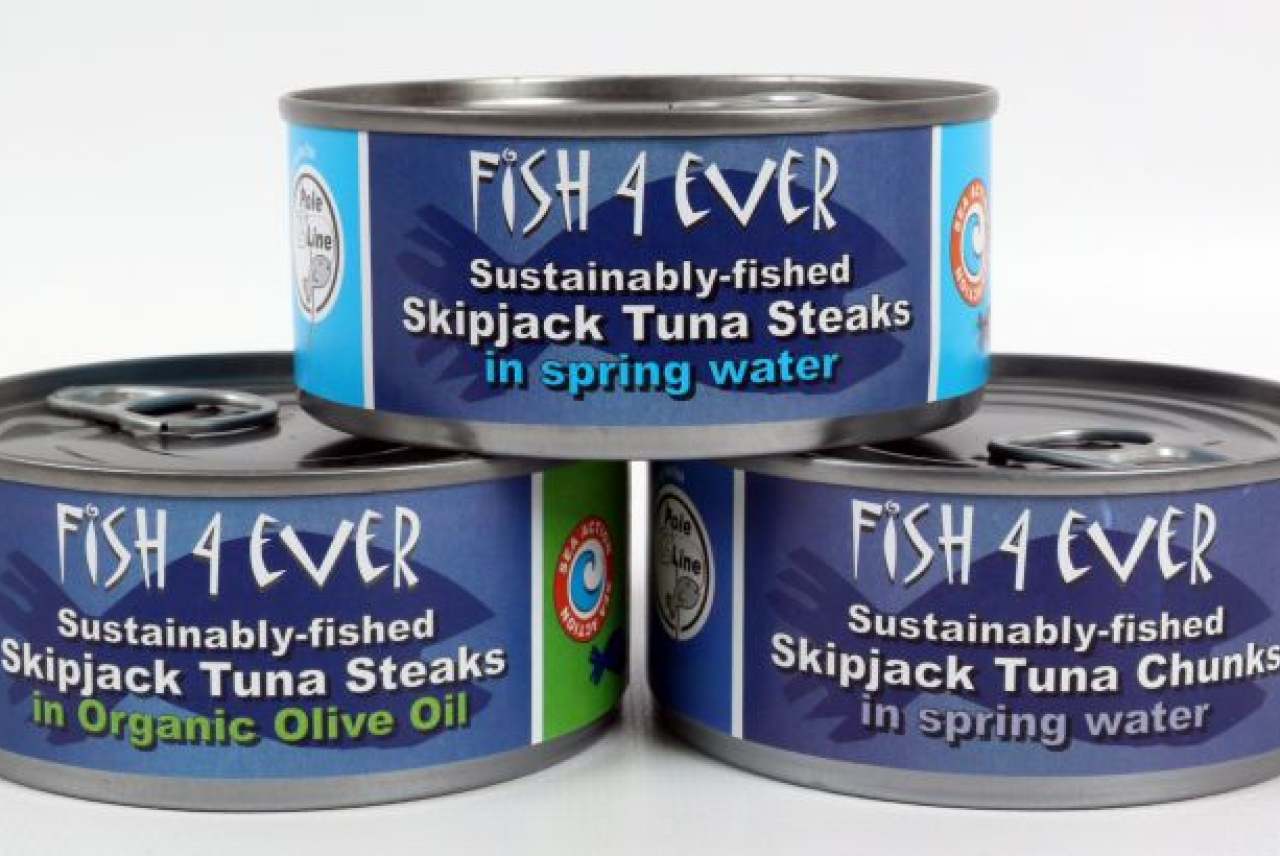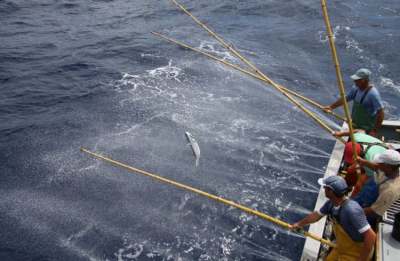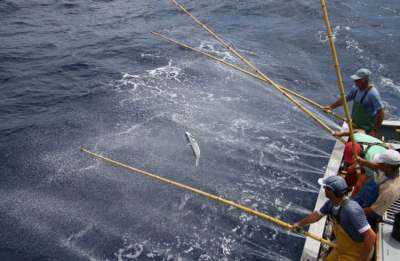8. What would you say to a consumer who said to you: “You’re just like the other for-profit companies. Except that you sell ‘environmentalism’ instead of ‘affordability’”?
On the one hand this is a fair point. We do need/rely upon consumers who are willing to pay more. This does not always equate with richer, but we understand that a large proportion of society struggles to afford ethics in food.
There is another side to the argument however, and that is equating the true cost of food. Environmental problems often double up as social problems, and food justice poverty campaigners universally agree that cheap food is not the answer, but part of the problem. We strive to keep our products affordable, but at the same time will not be involved in a market “race to the bottom” if that impacts on our methods or the way in which we treat our suppliers.
We would also argue that we do not essentially “sell environmentalism”, as much as we provide products that we believe are sourced and created to the highest possible ethical standards. This approach shouldn’t have to be a selling point, it should simply be the right way of doing things.
9. What would you say are the strengths and weaknesses of the Marine Stewardship Council certification? Why have you decided it to use it for certain products but not others?
We see the MSC certification as being an industrial approach. It is the industrial boats that have caused the damage, so of course it is good that they are sorting themselves out, but it is not the best version of sustainability.
The Marine Stewardship Council focus on total fish stocks, which according to FAO stats mean that approximately 80% of the global fish catch could be MSC certified. For us that means the standard or description of over-fishing is therefore set quite low.
Of course fish stocks matter - and that’s a governance issue and why we want the governance systems to improve BUT everybody wants that, in theory at least. Our sustainability is about what we do - the decisions and choices that we make. On that aspect the MSC is actually quite weak. In fact it's always industrial fishing and the industrial demand system which causes overfishing and puts small local boats out of business.
This is an injustice that we want to focus on - if our boats fish well, legally, carefully, with no or minimal by-catch and discard, with no damage to the ocean floor, with workers respected and looked after they should be supported and recognised. Of course we also want the general system to improve, we recognise people start from a different starting point, we believe in dialogue, participation and improvement.
The fundamental problem with the MSC is that it is being promoted by its users as the last word in sustainability and because it has so much power behind it that idea has taken roots, drowning out and excluding a myriad number of better approaches and initiatives.
We recognise the consumer might want some sort of "proof". Traceability has always been a key aspect of our sourcing. We're very excited because in 2017 we are partnering a small Canadian NGO called Ecotrust who have developed a traceability system that will be rolled out onto all our cans.
This Fish on-can coding system will allow consumers to tap in a code and see all the details relevant to the fish they've bought. We've started on sardines already and the tuna and mackerel are now coming on board. Several of our customers have already got in touch with us via the ThisFish website and we think it's a great transparency tool.
10. How easy is it for UK customers to find your products?
Our range is available UK wide via Ocado. We are also very well represented across the independent sector, from delis to organic stores, as well as the larger London stores such as Wholefoods. Able and Cole* also supply a limited range.
*Ethical Consumer makes a small amount of money from your purchase. This goes to fund our research and campaigning. We ethically screen all the sites we link to.


